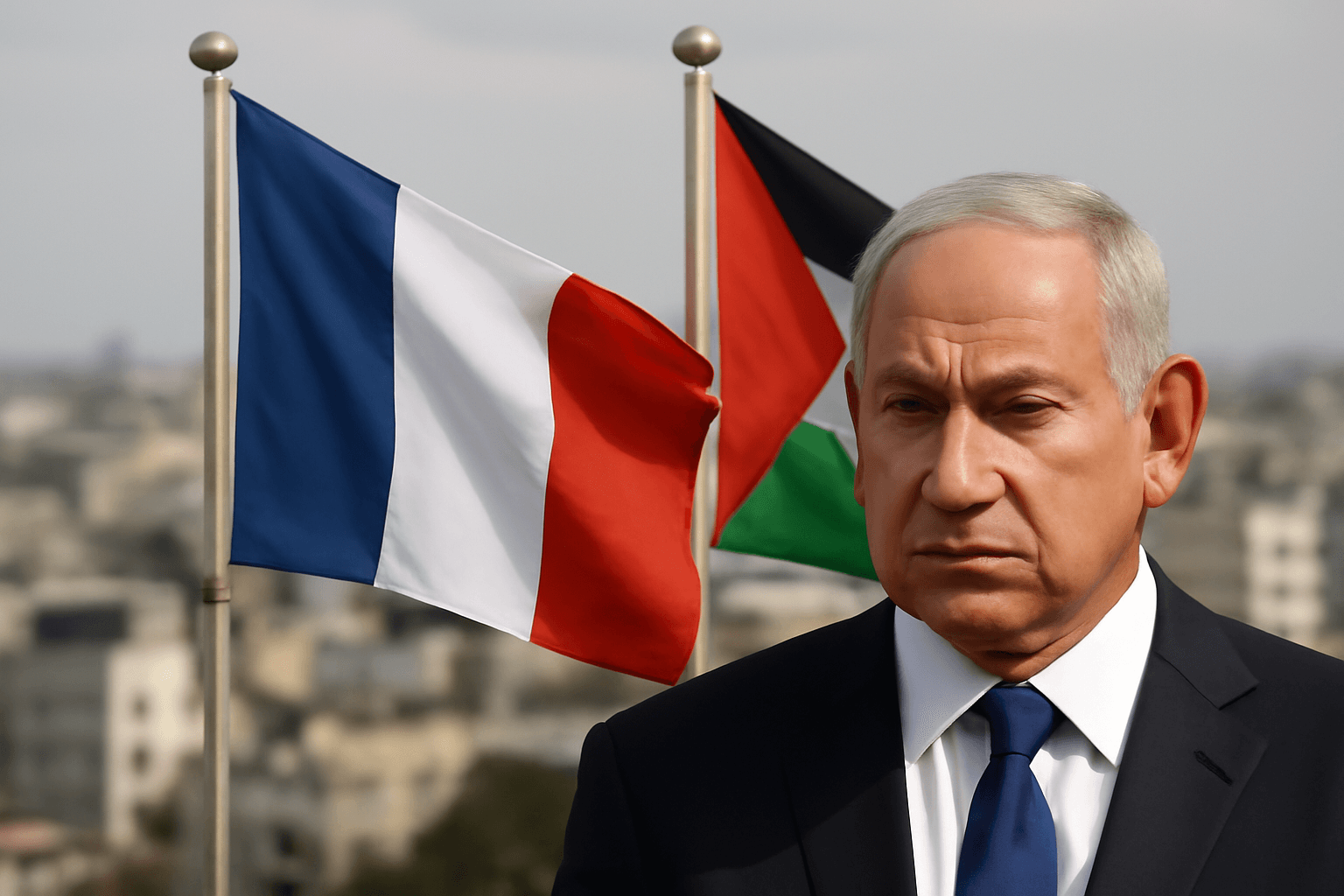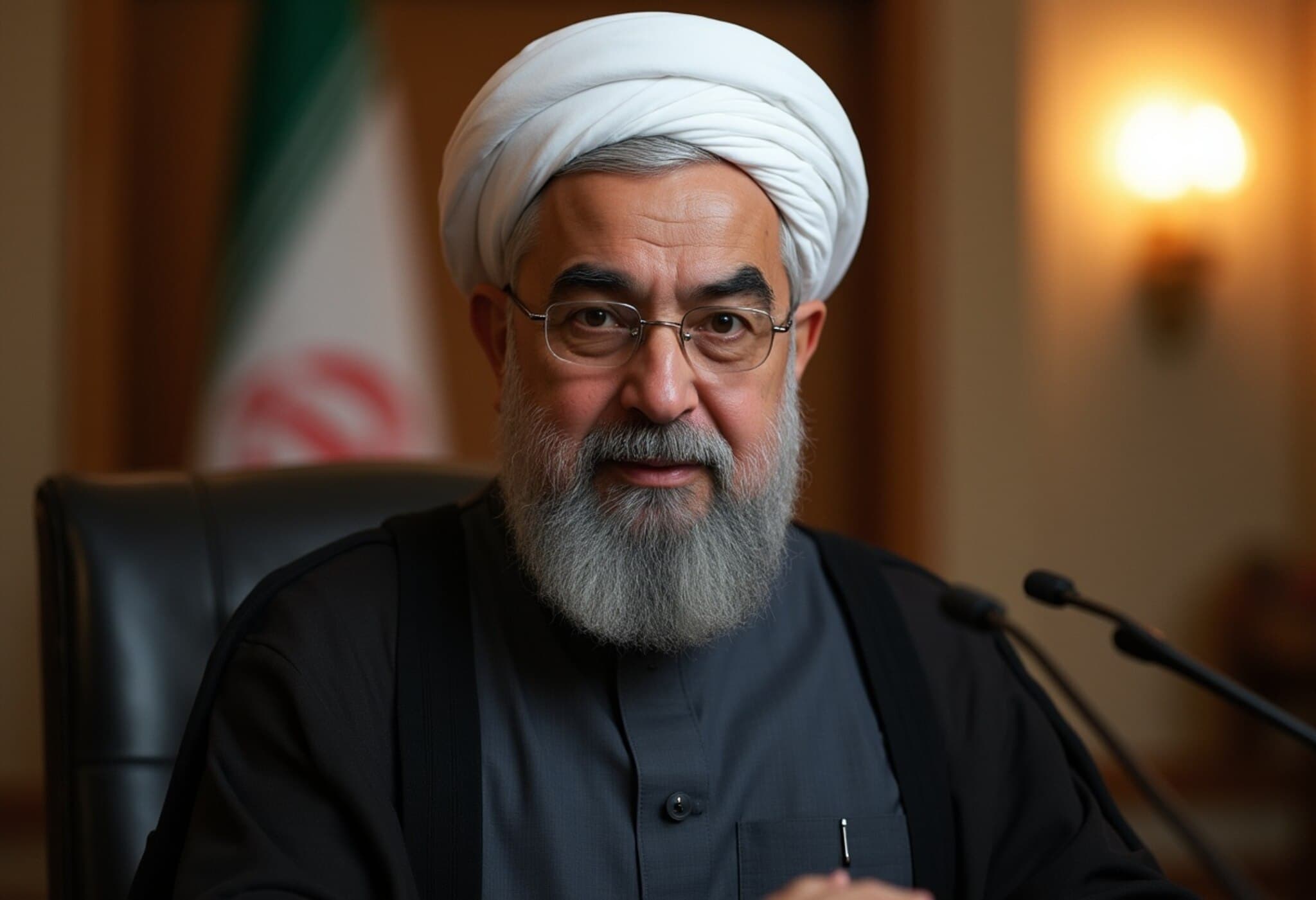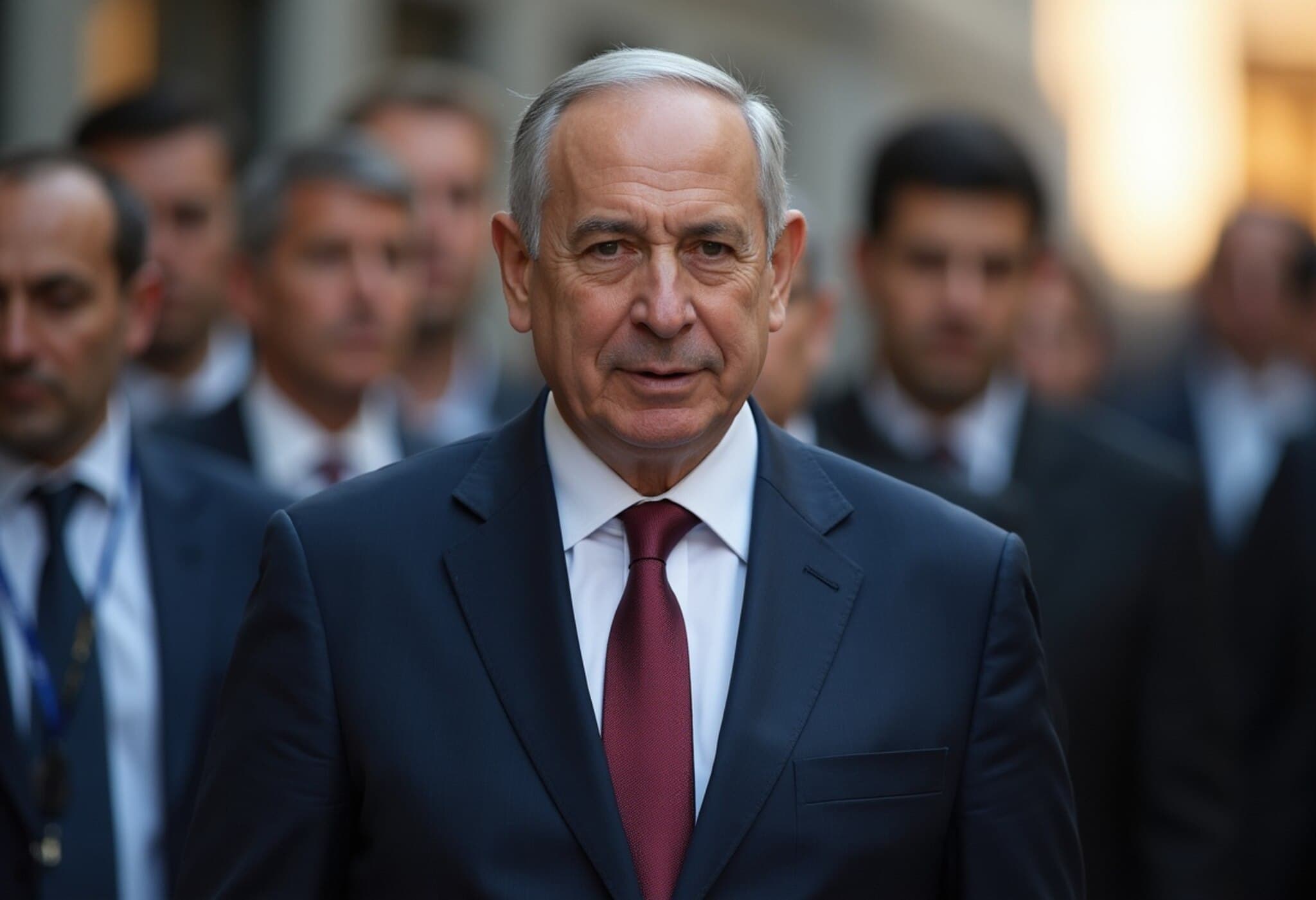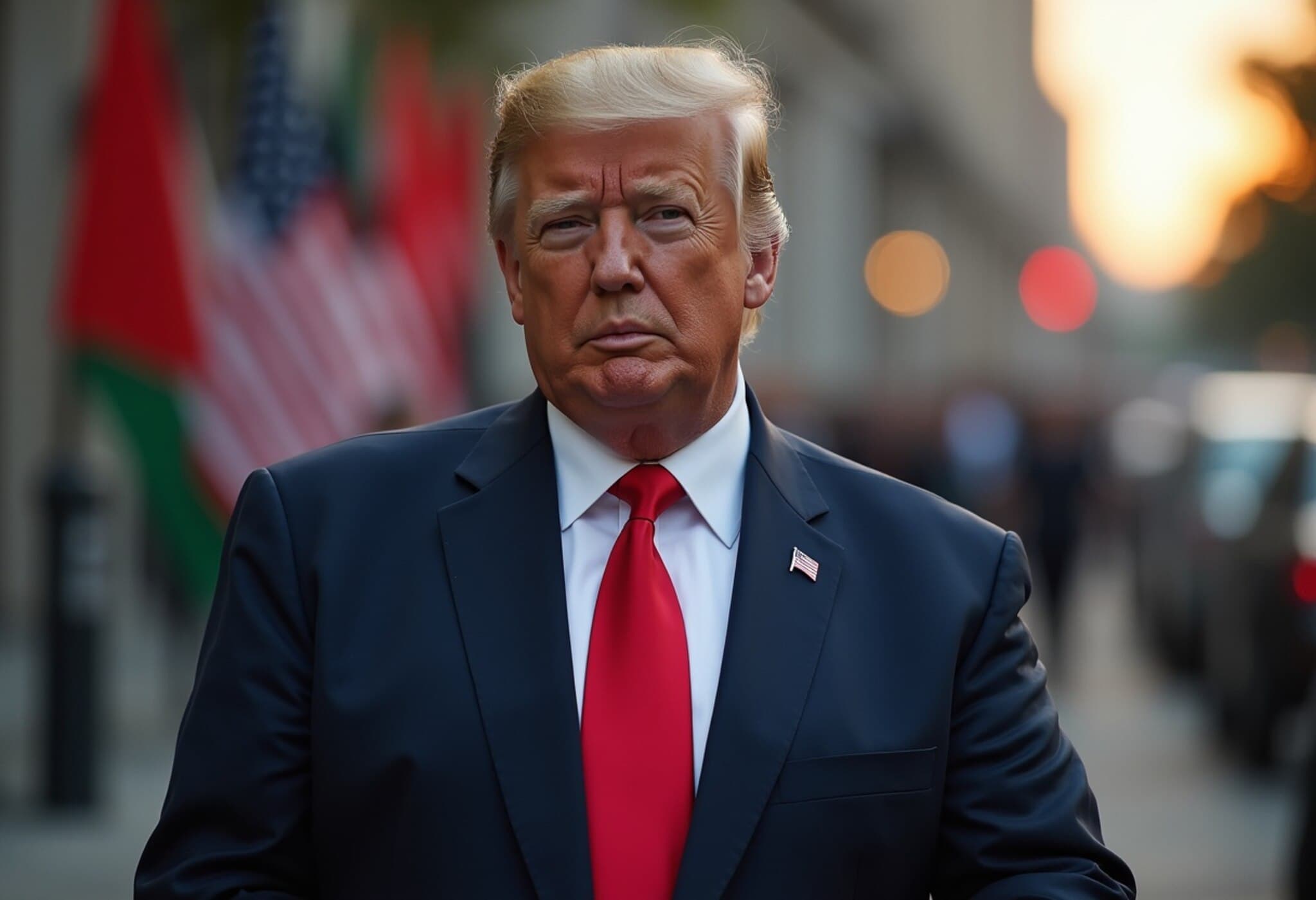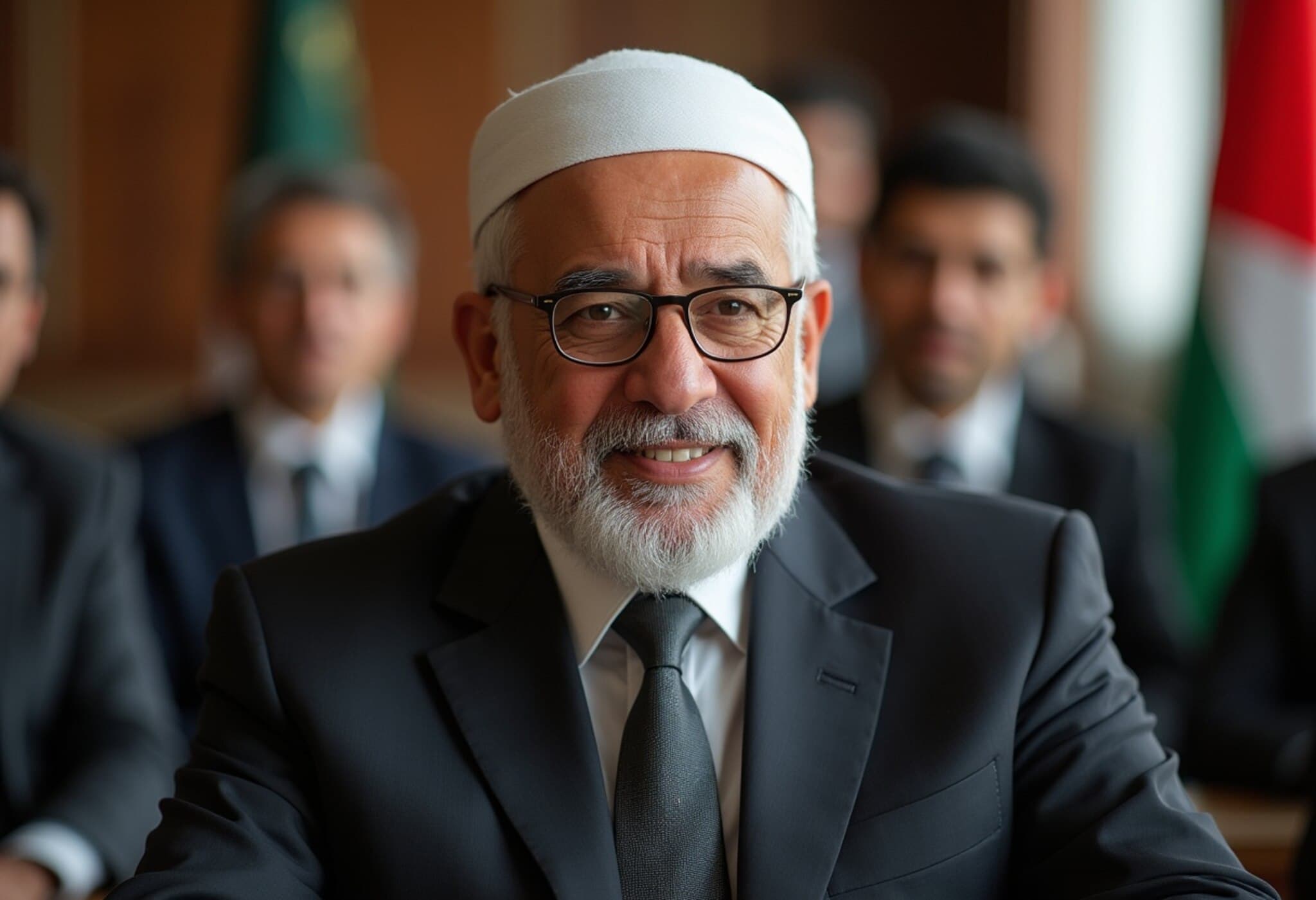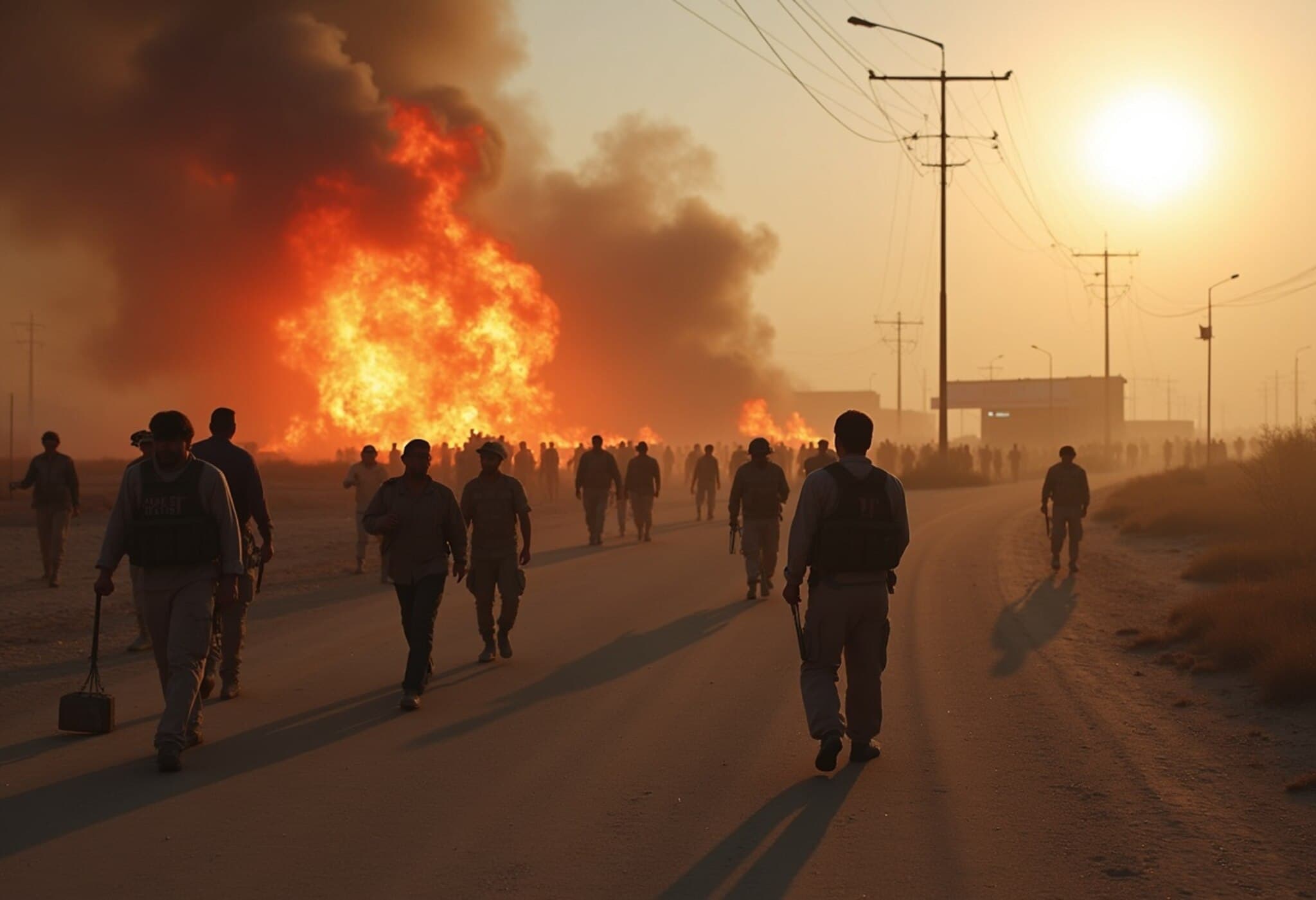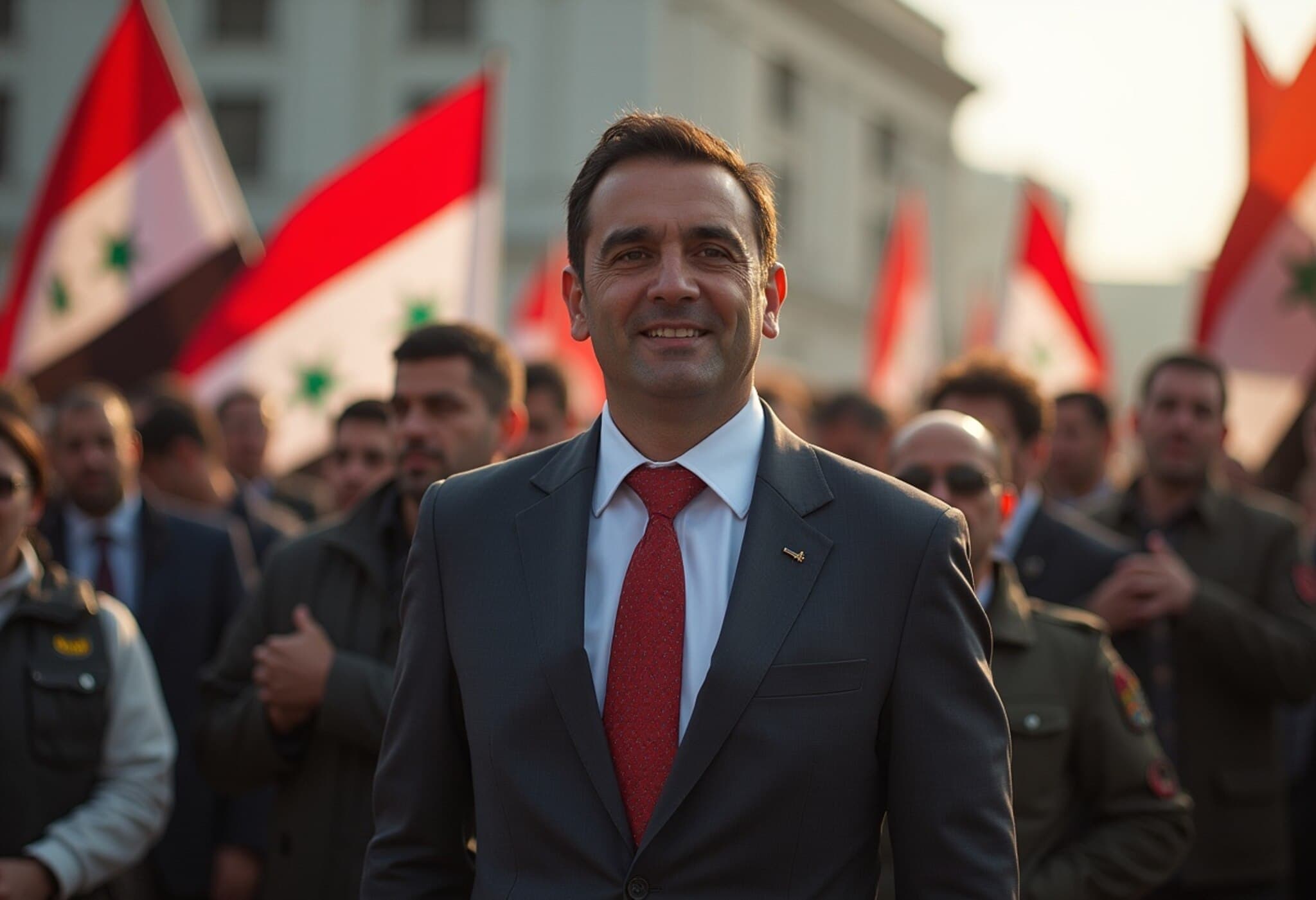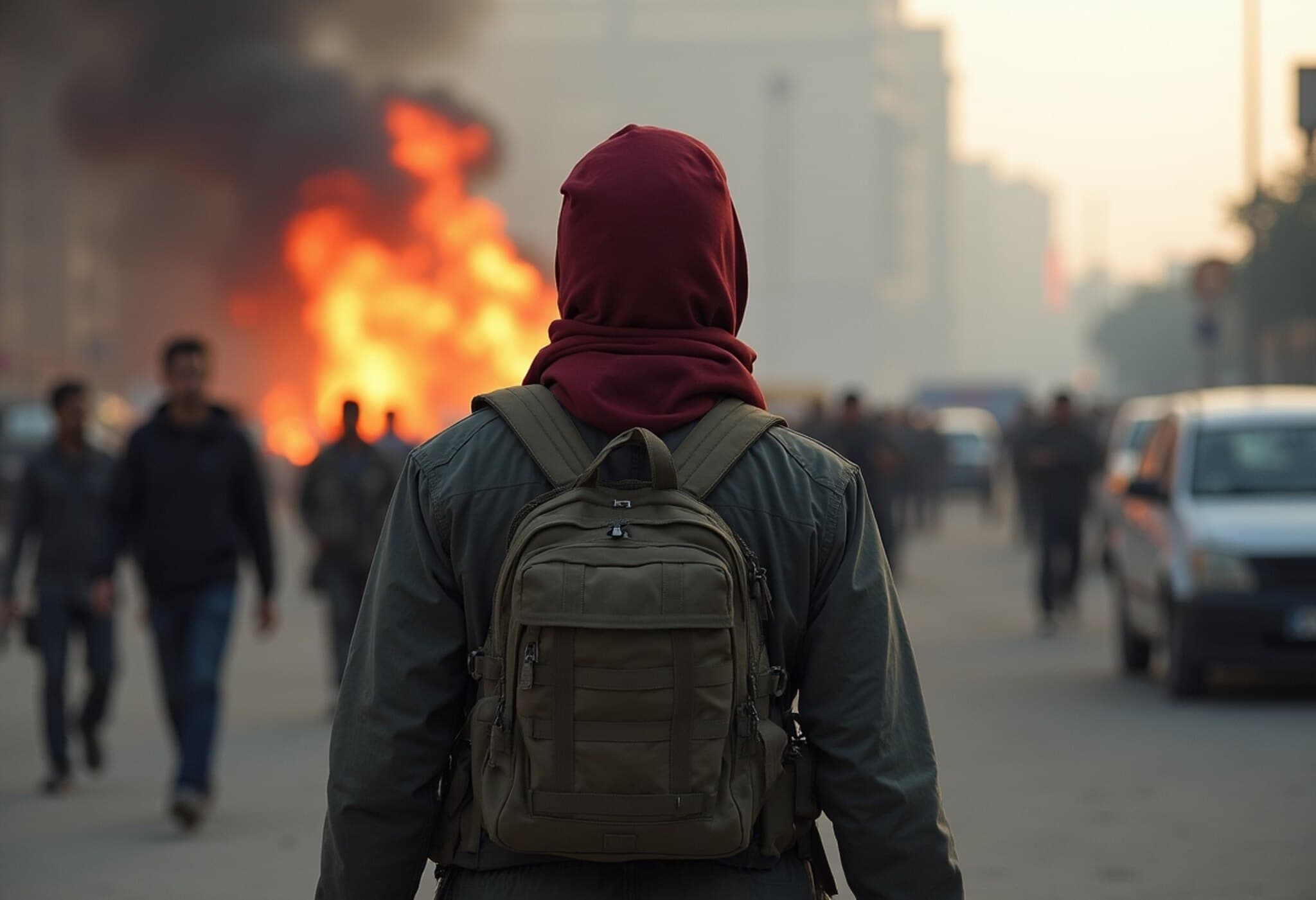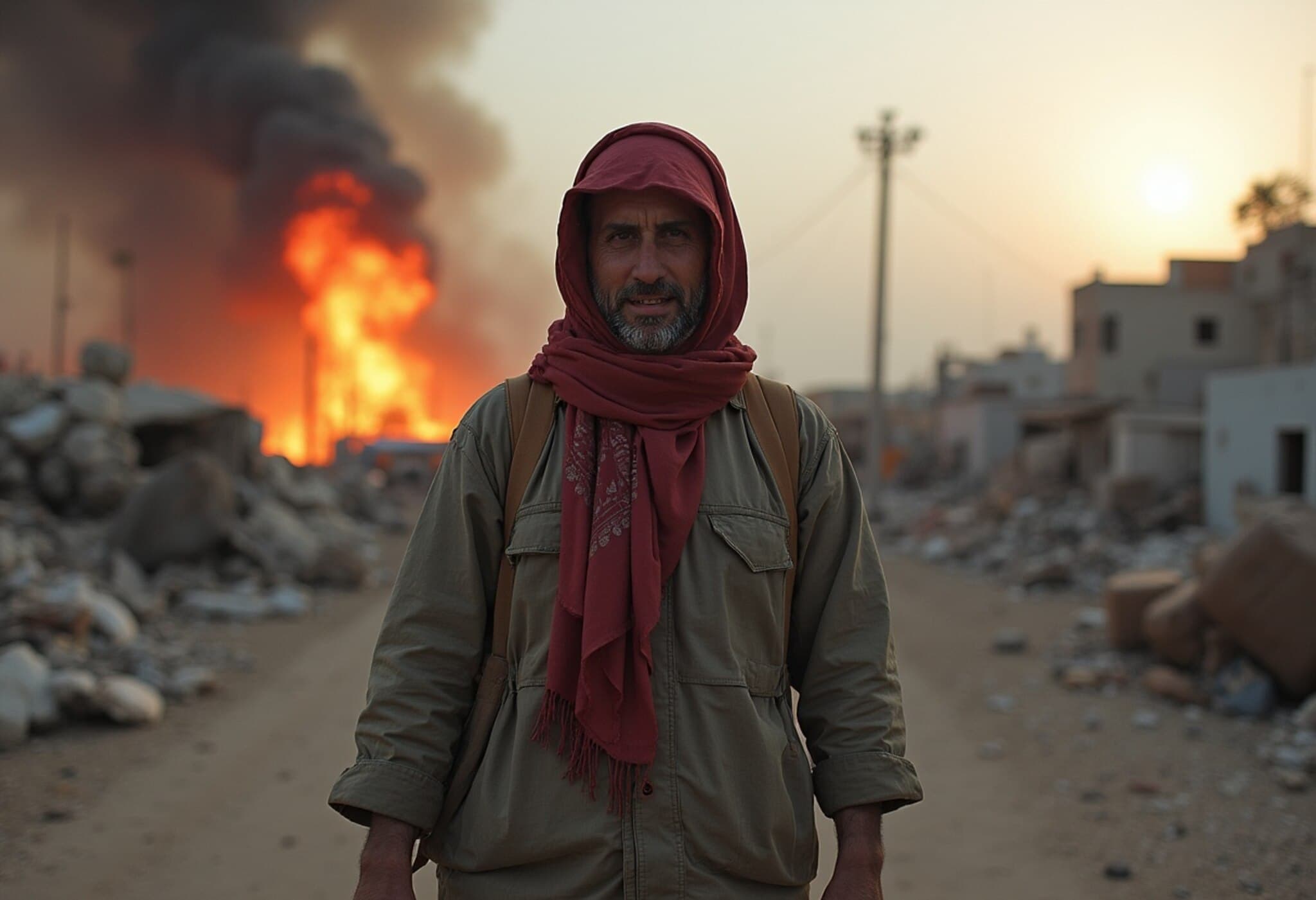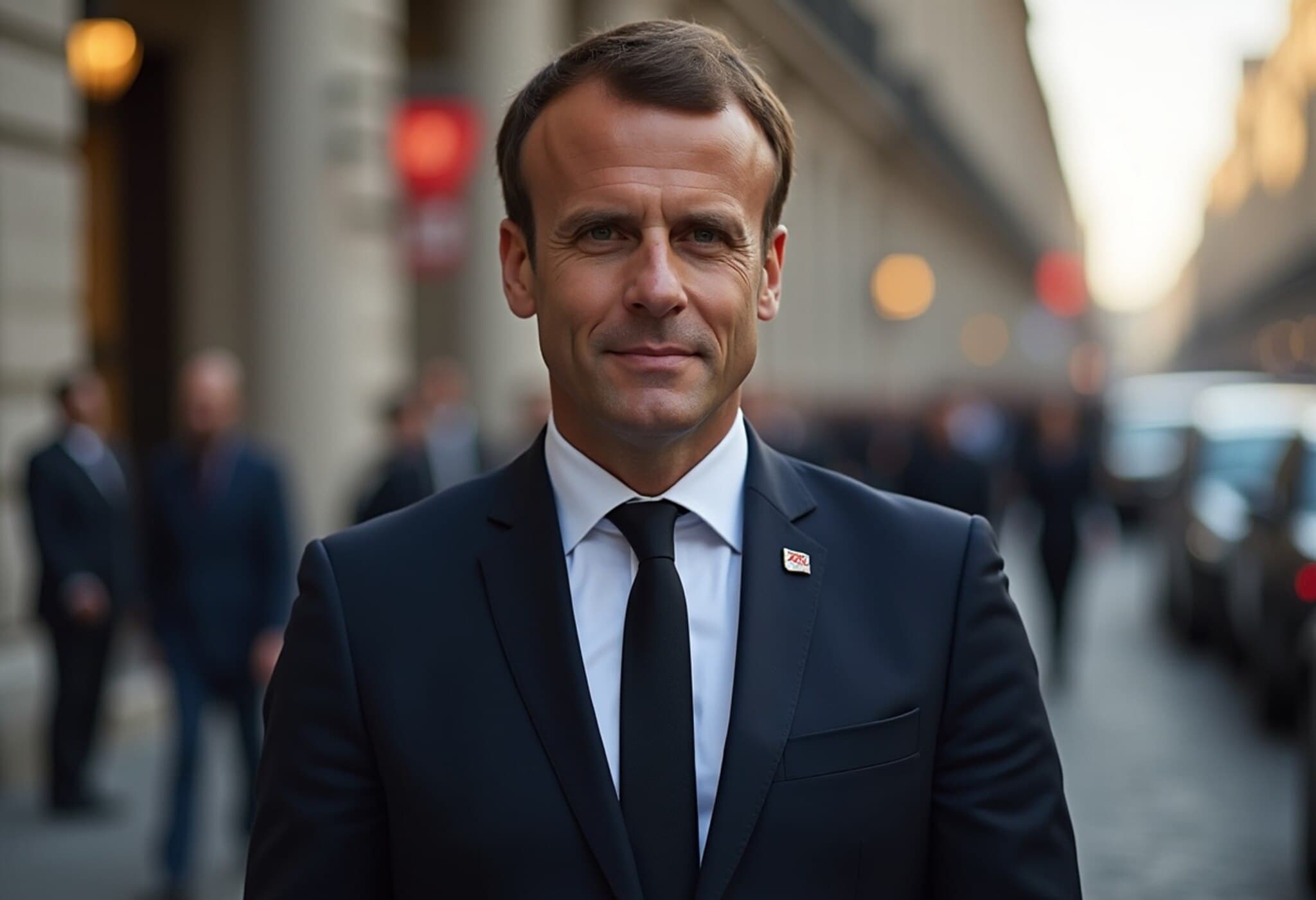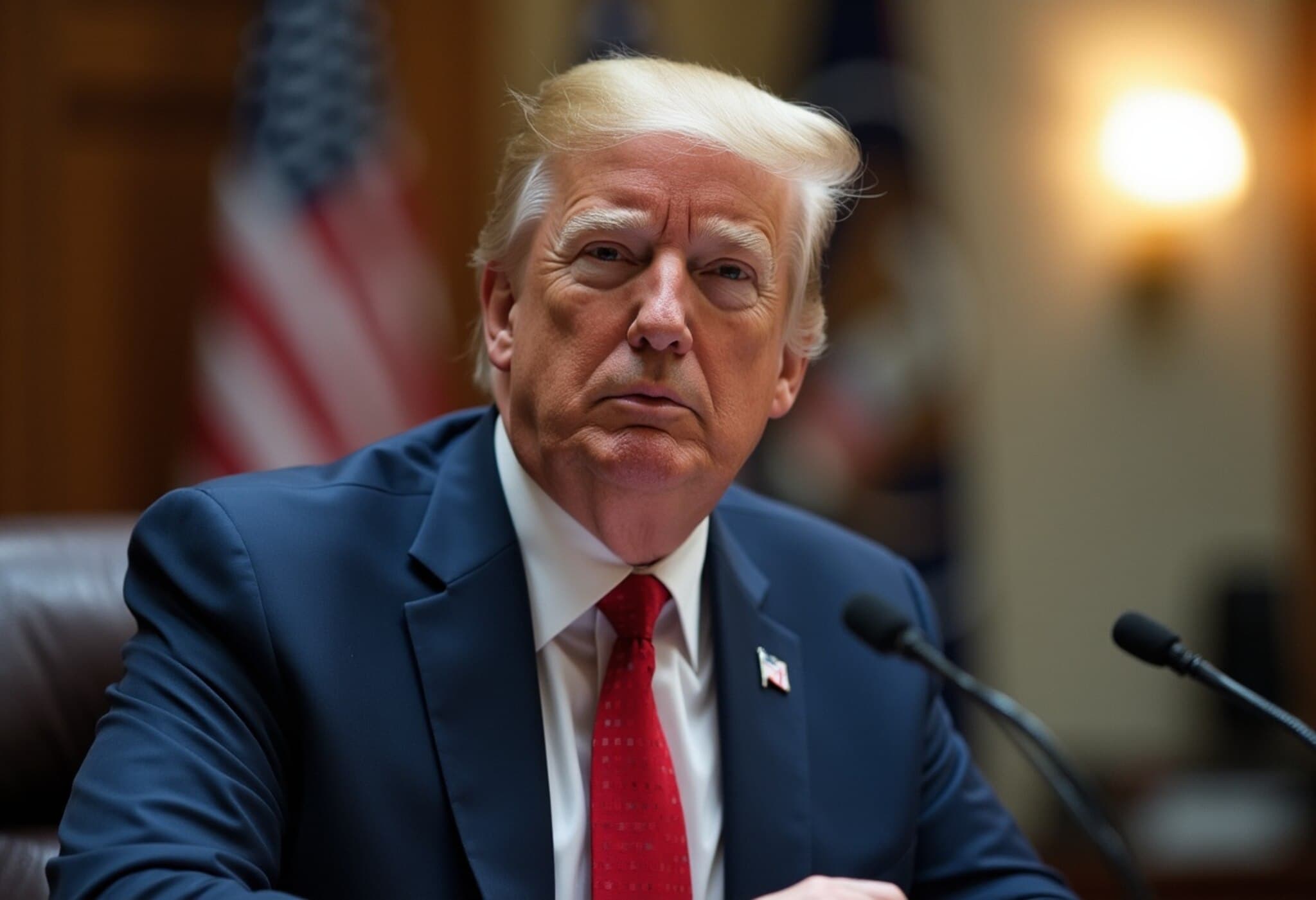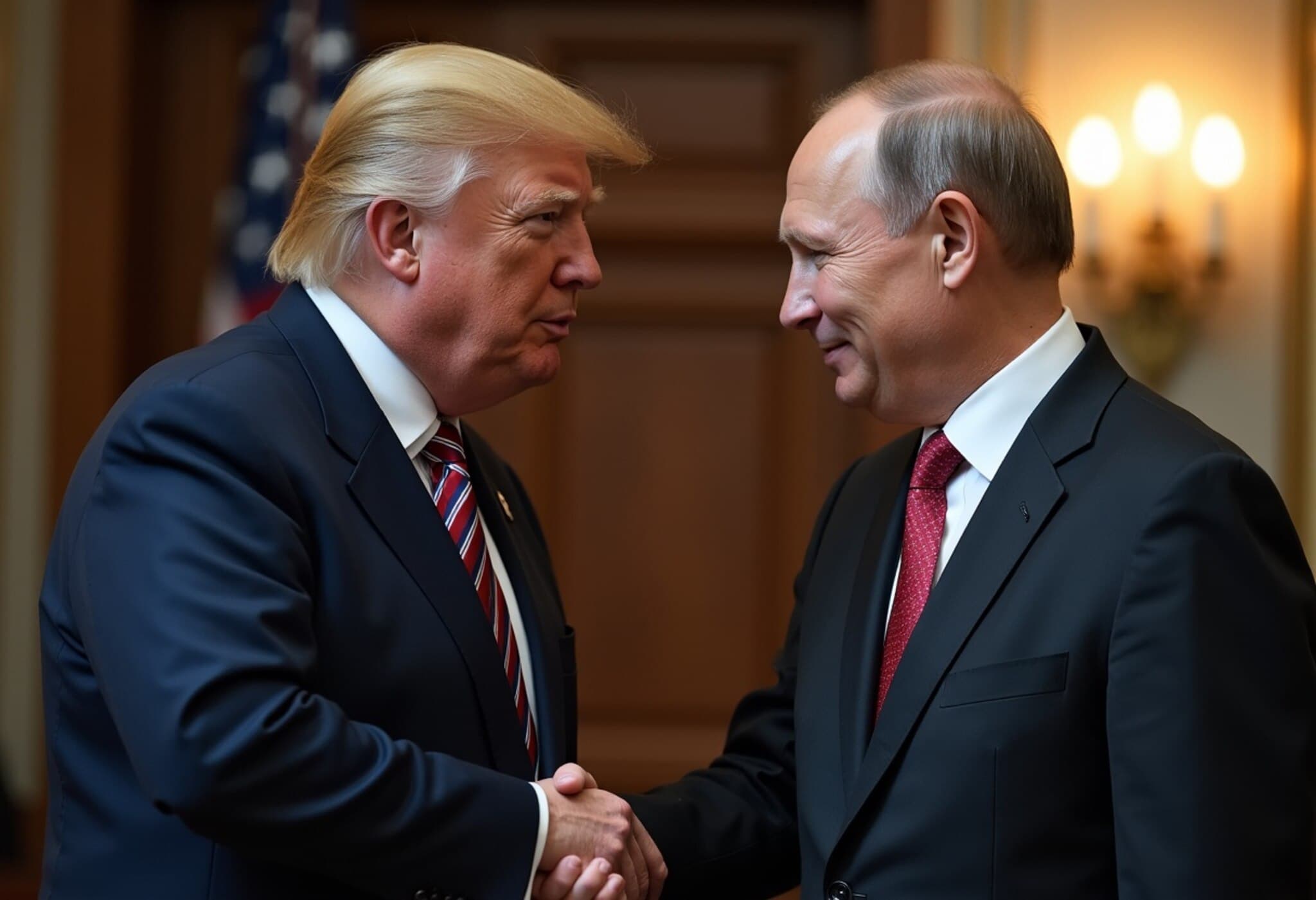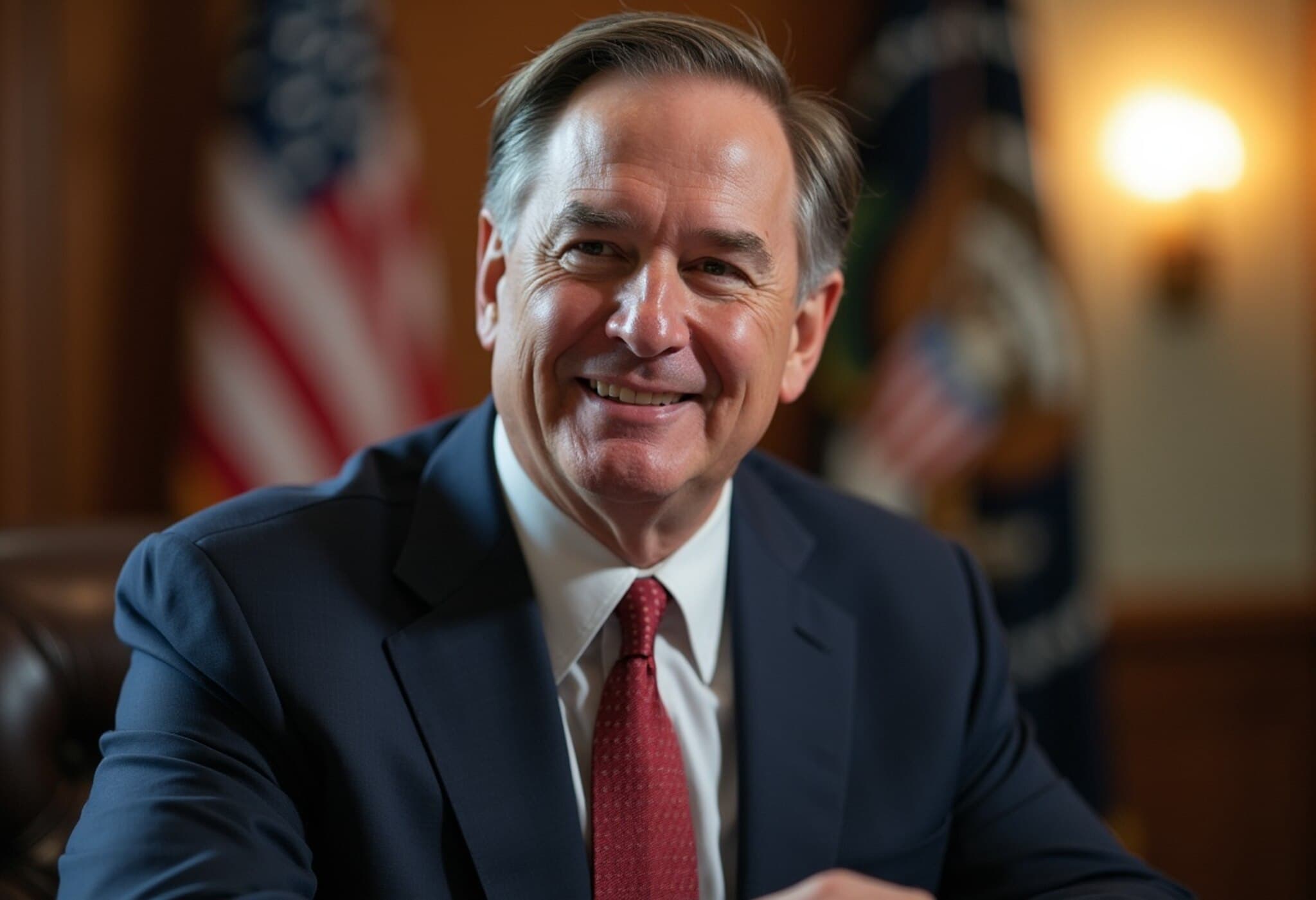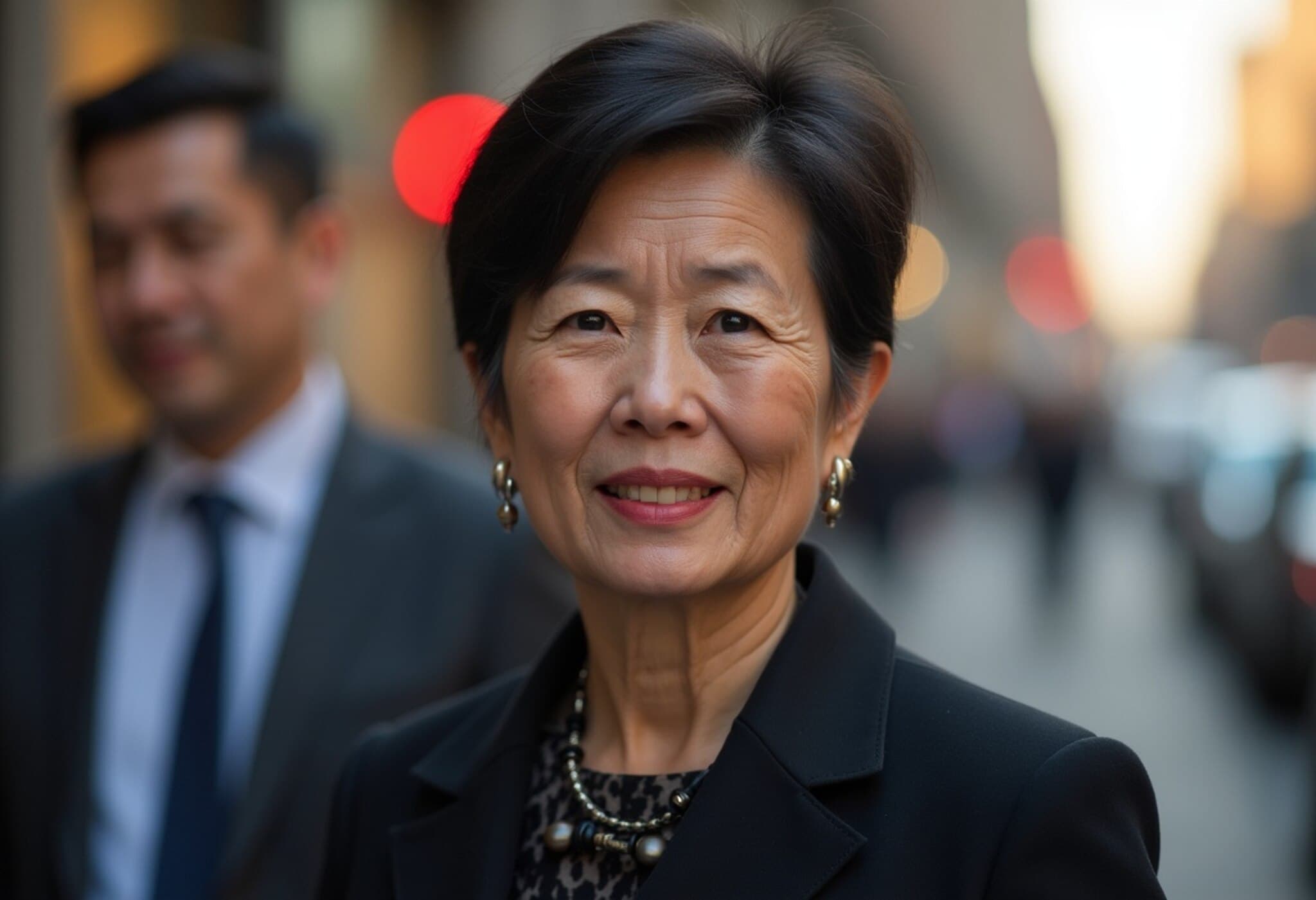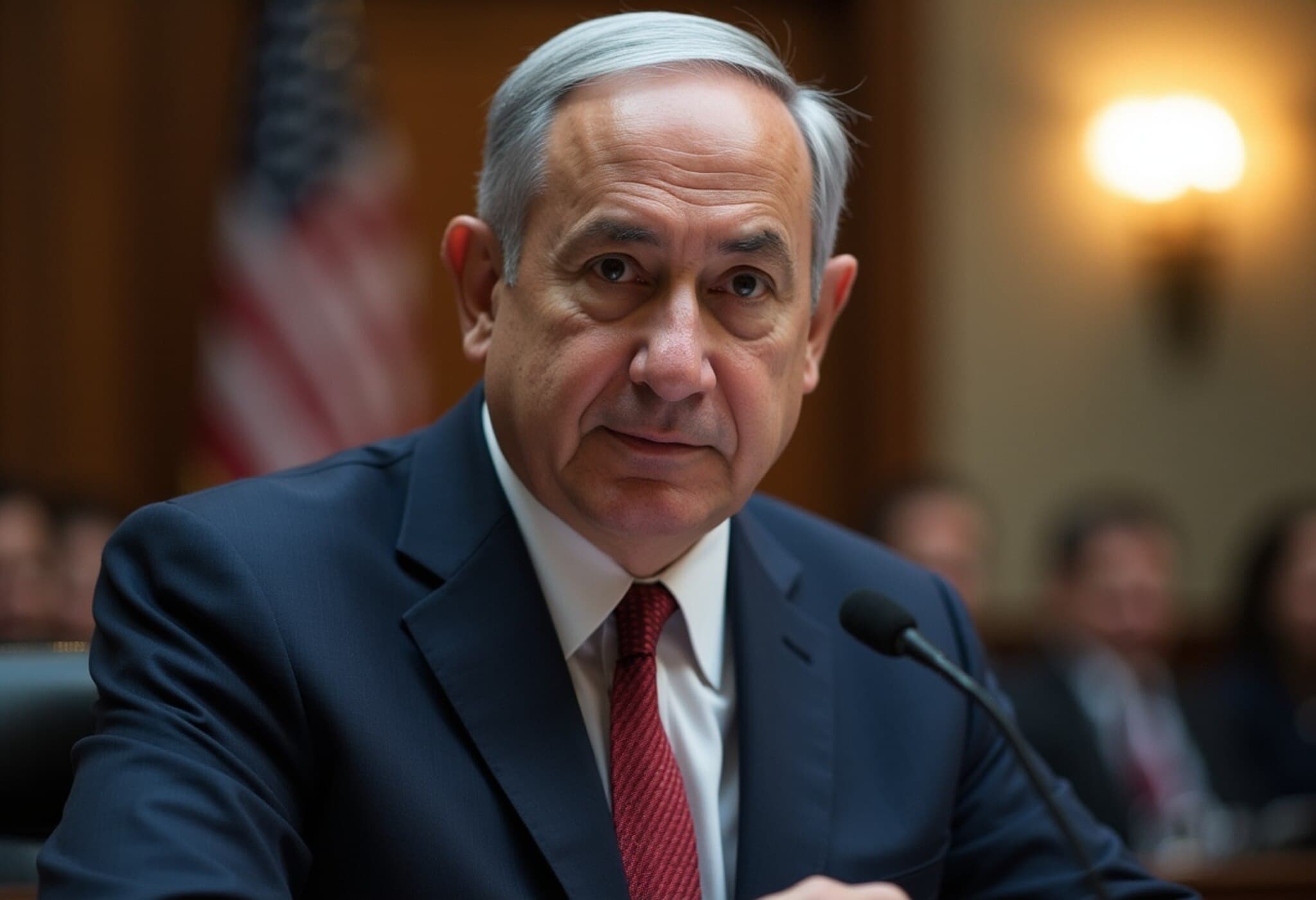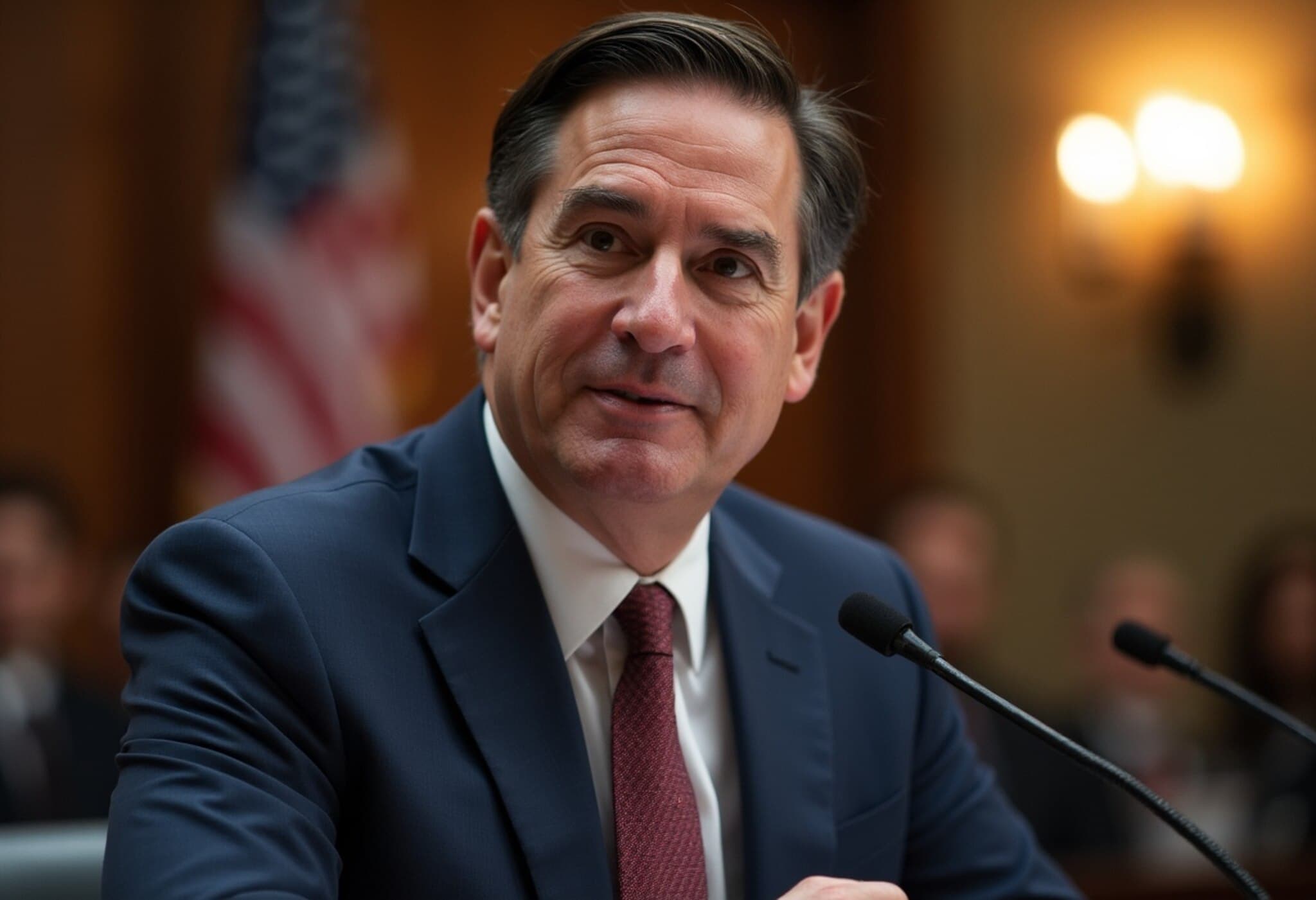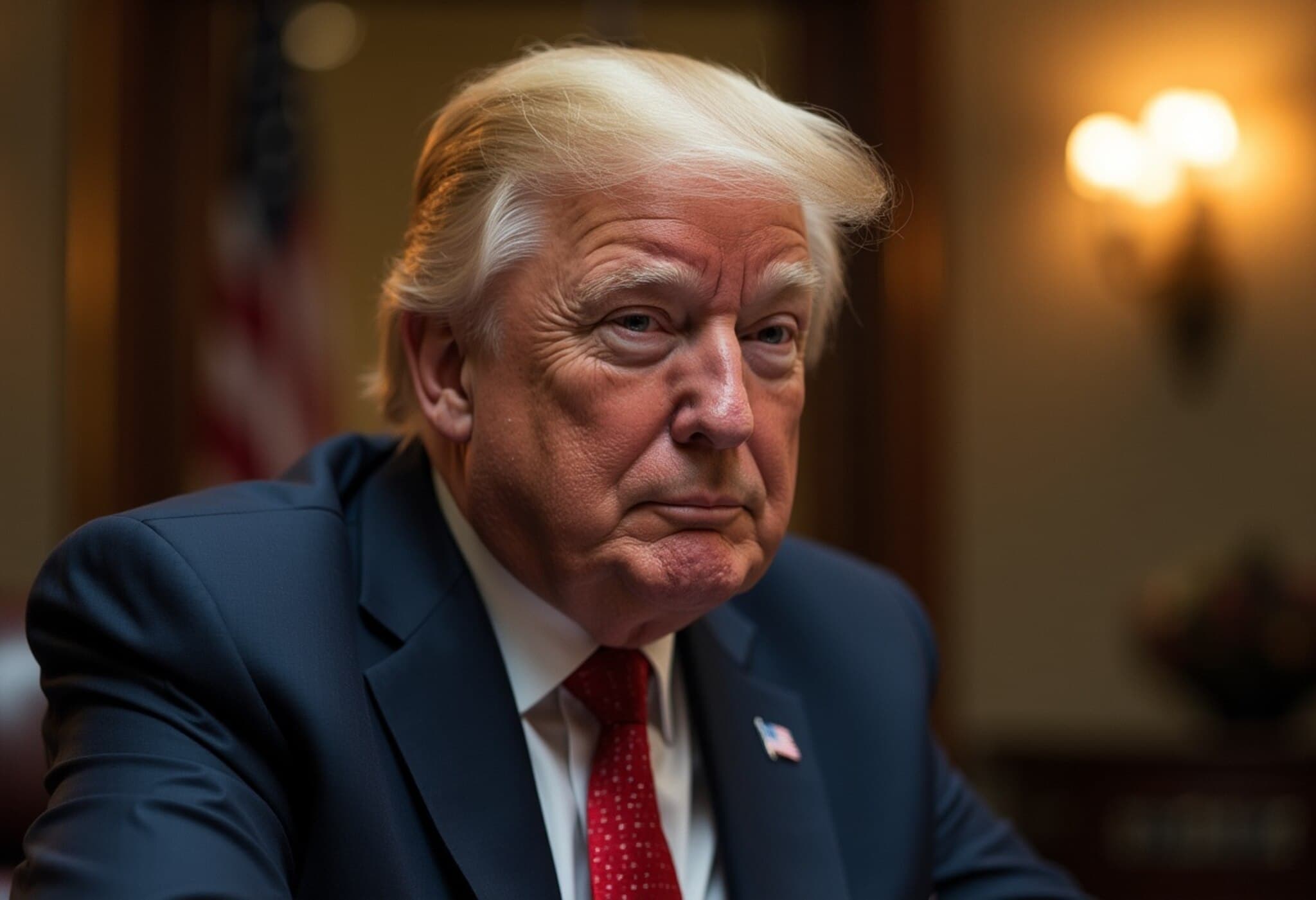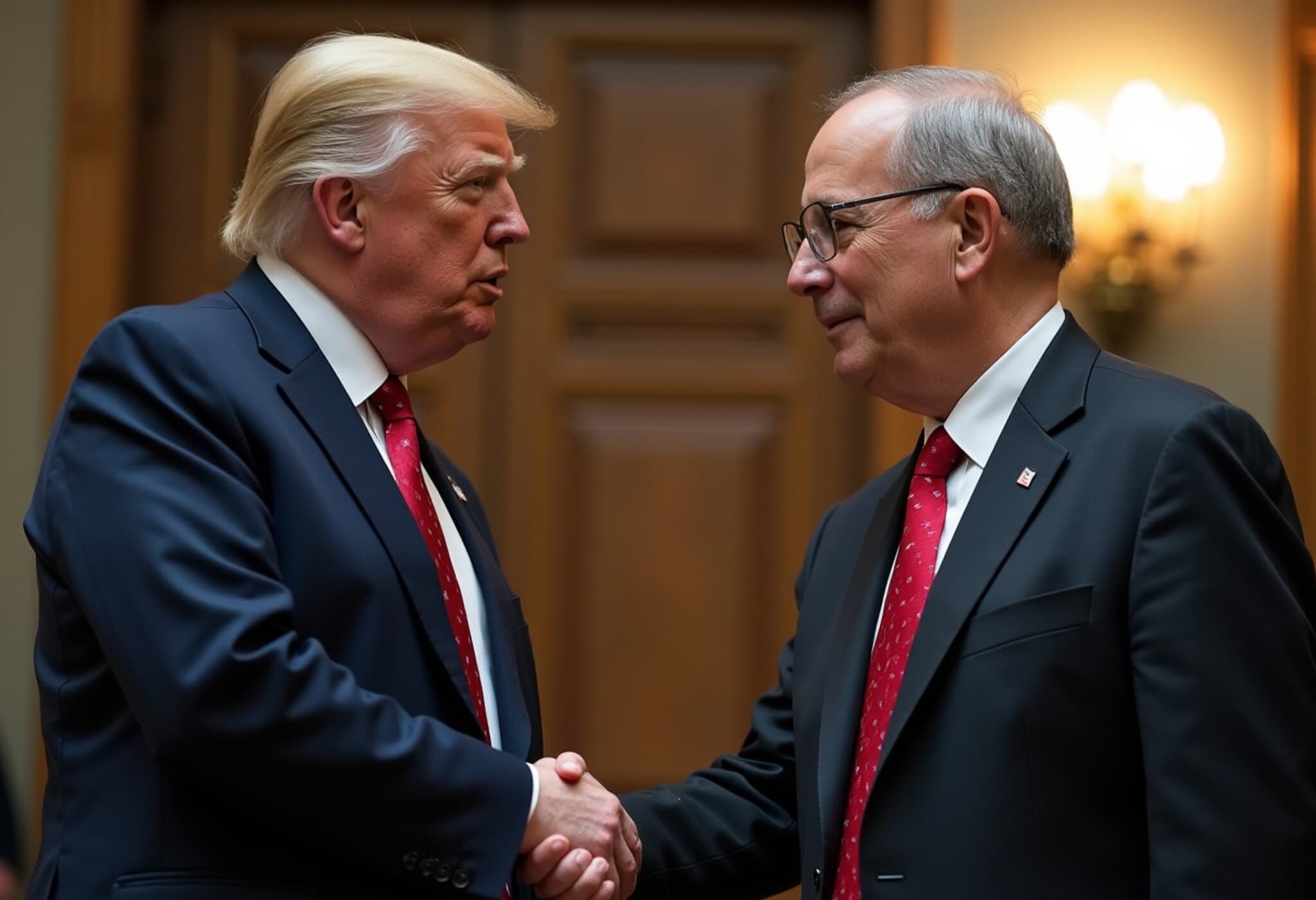US Condemns France's Recognition of Palestinian State at the UN
In a sharp diplomatic rebuke, the United States has condemned France’s recent announcement to recognize the State of Palestine during the upcoming United Nations General Assembly session this September. US Secretary of State Marco Rubio labeled the move “reckless,” asserting that it serves as a platform for Hamas propaganda and undermines ongoing peace efforts in the Middle East.
France’s Historic Shift: Macron’s Announcement
French President Emmanuel Macron, breaking from decades of cautious diplomacy, declared France’s intention to officially recognize Palestine as a sovereign state. Macron reiterated France’s commitment to a two-state solution, emphasizing his hope that recognizing Palestine without the involvement of Hamas would stimulate a broader regional dialogue, encouraging other Arab nations to formally acknowledge Israel as part of a lasting peace process.
In his public statement on social media, Macron said, “True to its historic commitment to a just and lasting peace in the Middle East, I have decided that France will recognise the State of Palestine.” This move comes on the heels of similar decisions by countries such as Ireland, Spain, Norway, and Slovenia, signaling growing European support for Palestinian statehood.
Israeli Prime Minister Netanyahu Calls Macron’s Decision a "Grave Mistake"
Israeli Prime Minister Benjamin Netanyahu responded fiercely to Macron’s announcement, describing it as a “grave mistake” that dismisses the security threats posed by Hamas and other militant groups operating in Palestinian territories. Netanyahu criticized France for what he viewed as a moral inconsistency, saying, “Israel will not accept moral lectures about statehood from countries that reject independence in their own territories.”
Collapse of Gaza Ceasefire Talks Deepens Regional Tensions
The French recognition comes amidst a breakdown in ceasefire negotiations in Doha, which were facilitated by Qatar and intended to halt escalating hostilities and secure the release of Israeli hostages. Israel and the United States withdrew from these talks after Hamas failed to present proposals acceptable to all parties. US Special Envoy Steve Witkoff accused Hamas of negotiating in bad faith and warned that Washington was exploring alternative approaches to address the crisis in Gaza.
Witkoff stated, “Hamas's response clearly shows a lack of desire to reach a ceasefire in Gaza.” The impasse has further complicated efforts to alleviate the dire humanitarian situation on the ground.
Humanitarian Crisis in Gaza: A Brewing Catastrophe
As hostilities continue, international concern has grown over the deepening humanitarian emergency in Gaza, where more than two million Palestinians confront critical shortages of food, medical supplies, and basic services. The World Health Organization has issued stark warnings about conditions resembling a man-made famine. France has attributed much of the crisis to Israel’s blockade, a claim Israel rejects by accusing Hamas of deliberately obstructing aid deliveries.
Relief agencies face immense hurdles due to restrictive permits and ongoing conflict, further exacerbating the suffering of civilians caught in the crossfire. These pressing realities highlight the complex challenges in achieving sustainable peace and stability in the region.
Contextual Analysis: What Does France’s Move Mean for US Foreign Policy and Middle East Stability?
France’s decision to recognize Palestine represents a significant turning point in European engagement with the Israeli-Palestinian conflict. While reaffirming support for Israel’s right to security, Paris is signaling a growing impatience with the stagnation of peace talks and a desire to galvanize regional diplomatic progress.
However, from a US strategic perspective, this move complicates Washington’s traditional role as a broker of peace. The US administration’s strong reaction reflects deep concerns that unilateral recognitions without negotiated agreements could empower extremist factions like Hamas, potentially derailing efforts to achieve a comprehensive resolution peacefully.
This diplomatic friction underscores a broader debate: whether steps taken at multilateral forums like the UN can realistically propel the peace process forward or risk entrenching divisions further.
Key Takeaways:
- France’s recognition marks a rare endorsement of Palestinian statehood by a major European power.
- The US condemns the move, viewing it as undermining peace and bolstering Hamas propaganda.
- Netanyahu’s response highlights Israeli concerns over security and legitimacy issues.
- Gaza ceasefire talks have collapsed, deepening instability and humanitarian suffering.
- The unfolding crisis pushes the question: Can international recognition foster peace, or does it inflame tensions?
Editor’s Note
France’s decision to recognize Palestine at the UN General Assembly adds a fresh twist to an enduringly complex conflict, spotlighting divisions even among Western allies. As the humanitarian catastrophe in Gaza worsens, this diplomatic development raises challenging questions about the efficacy of symbolic recognition versus substantive negotiations. Observers should watch closely how US-France dynamics evolve, how regional actors respond, and, crucially, whether these moves ultimately advance or hinder a just and durable peace. This story remains a vital barometer of international commitment to resolving one of the world’s most intractable conflicts.
By TOI World Desk – Delivering informed, nuanced global perspectives with accuracy and depth.

